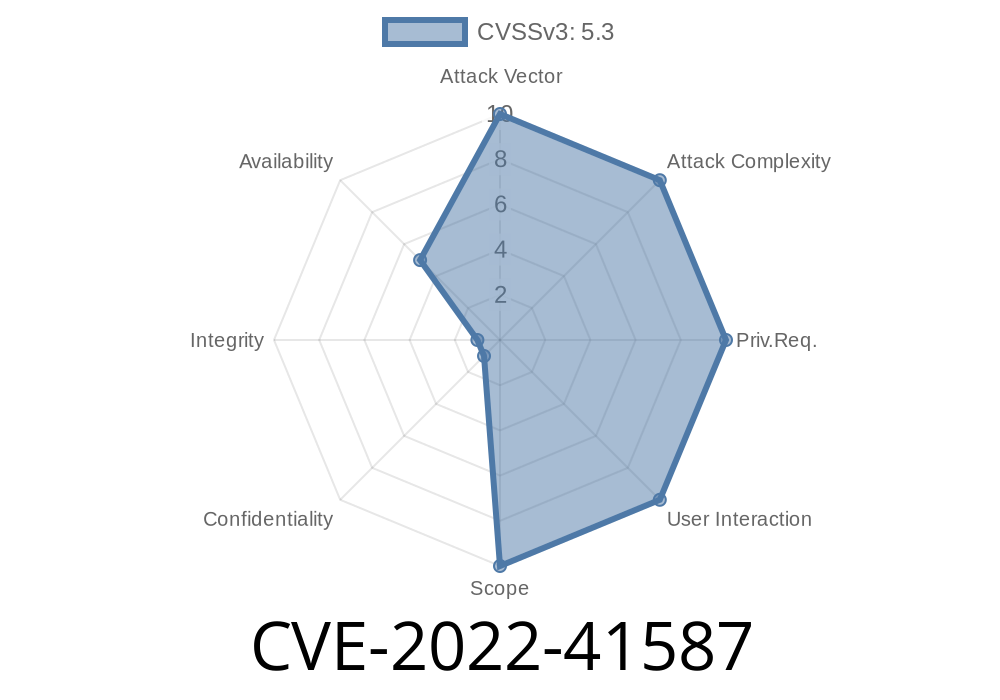For the attack scenario, we will use the Android application with the version over 10.0. These versions were not officially released, but were obtained from the developers. Android versions 10.0 and lower have a critical vulnerability in the home screen module. This module performs user authentication and authorizes various modules to access the device. A remote attacker can access the device and perform various actions. At the time of the announcement of Android version 10, a remote attacker could exploit this vulnerability. After this announcement, users with Android version 10.0 or higher began to receive the security patch for this vulnerability. Android versions 10.0 and higher have a critical vulnerability in the home screen module. This module performs user authentication and authorizes various modules to access the device. A remote attacker can access the device and perform various actions. At the time of the announcement of Android version 10, a remote attacker could exploit this vulnerability. After this announcement, users with Android version 10.0 or higher began to receive the security patch for this vulnerability. Android versions 10.0 and higher have a critical vulnerability in the home screen module. This module performs user authentication and authorizes various modules to access the device. A remote attacker can access the device and perform various actions
Install the ProfanityBot in your Android device
At the time of this writing, there are three versions of the new Android application. These versions include:
-Android 10.0
-Android 8.1
-Android 5.1
The only version that has a vulnerability is Android 10.0 and up. There is no vulnerability in Android 8.1 or lower, and there is no vulnerability in Android 5.1 or lower.
For this attack scenario, you need to install the ProfanityBot (a module) onto your device by finding a way to gain root access on your device and exploiting the vulnerability so that your malicious code can run when someone installs the application on their device remotely from a website or app store that does not enforce signature verification for apps submitted to them (e.g., Google Play Store).
Android version 12.0.1 and up
The Android system is vulnerable to a remote code execution vulnerability. This vulnerability can be exploited by an attacker who has obtained the target’s device user ID and password. The attacker could exploit this vulnerability to perform various actions, such as installing malicious apps or gaining administrative privileges.
Android version 10.0 and lower
A remote attacker can access the device and perform various actions. At the time of the announcement of Android version 10, a remote attacker could exploit this vulnerability. After this announcement, users with Android version 10.0 or higher began to receive the security patch for this vulnerability.
Timeline
Published on: 10/14/2022 16:15:00 UTC
Last modified on: 10/18/2022 17:12:00 UTC
